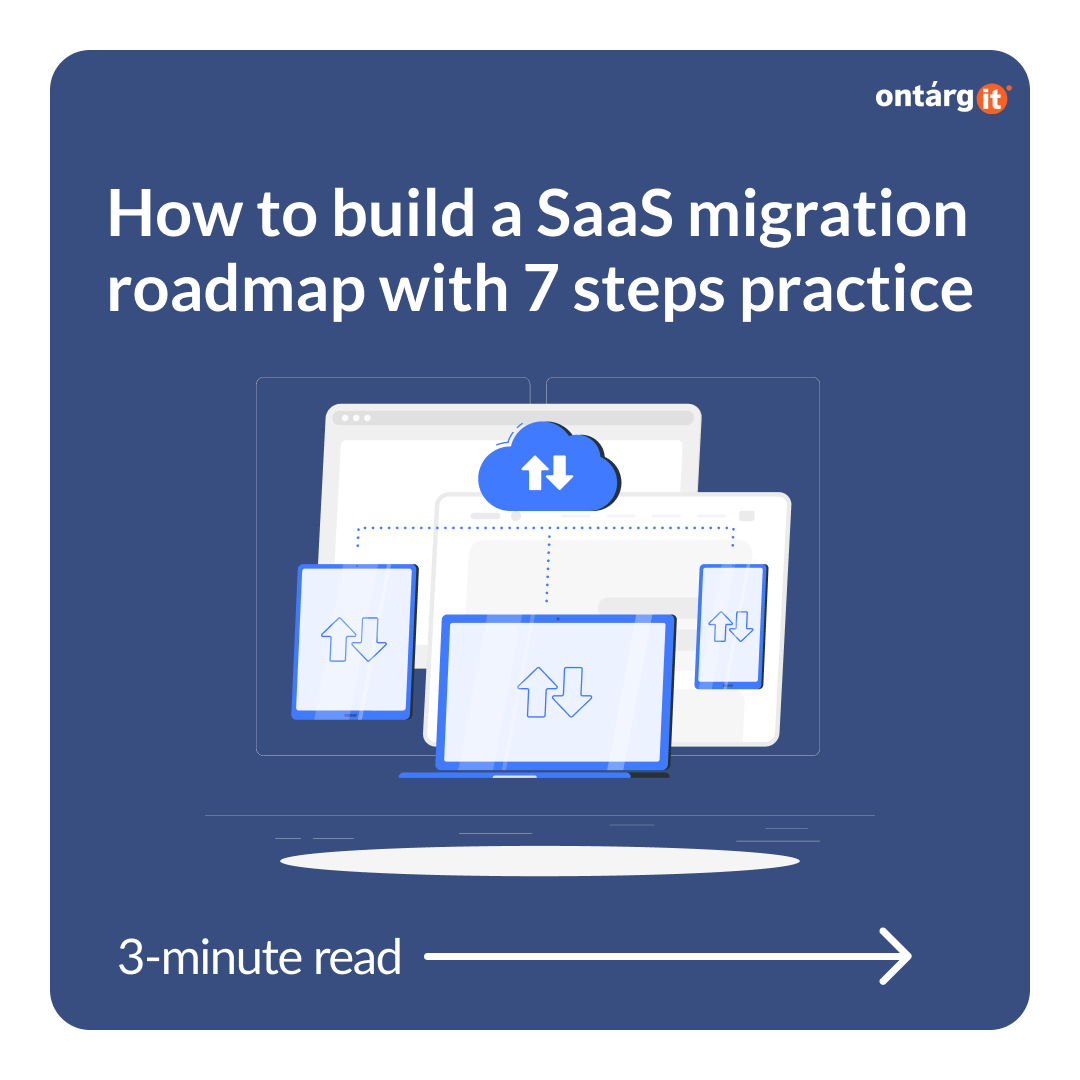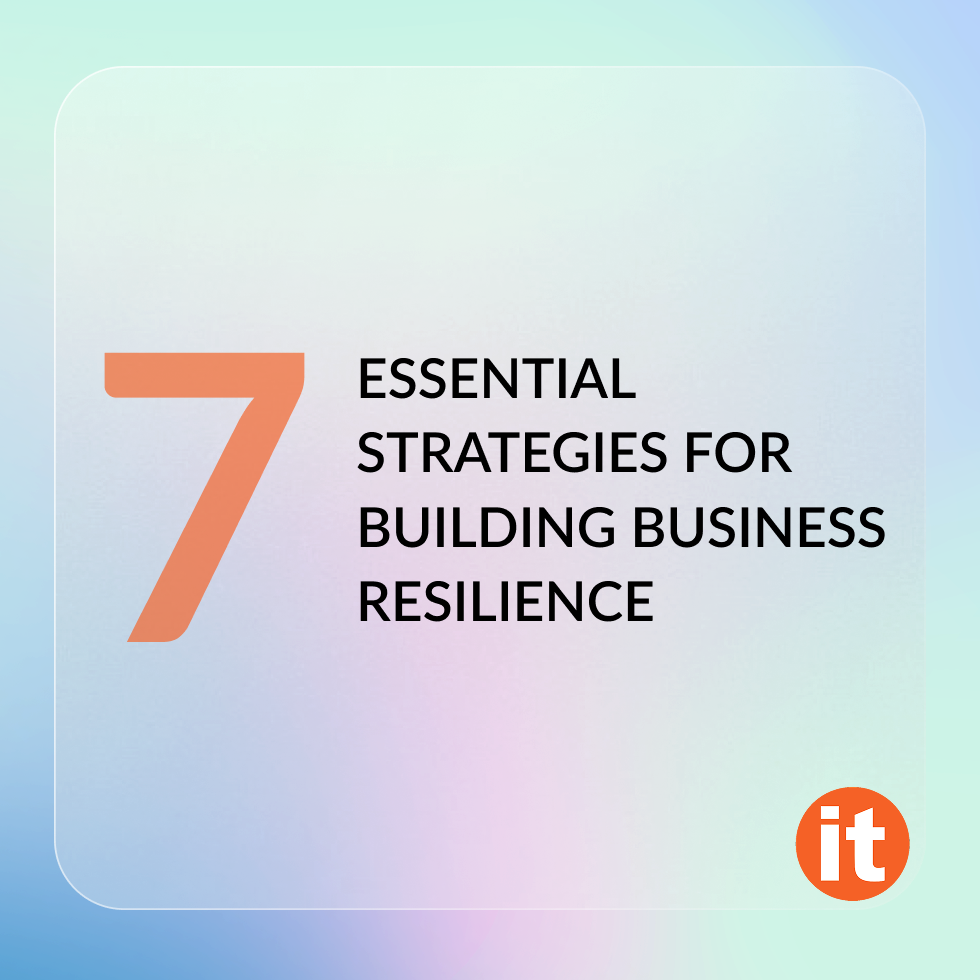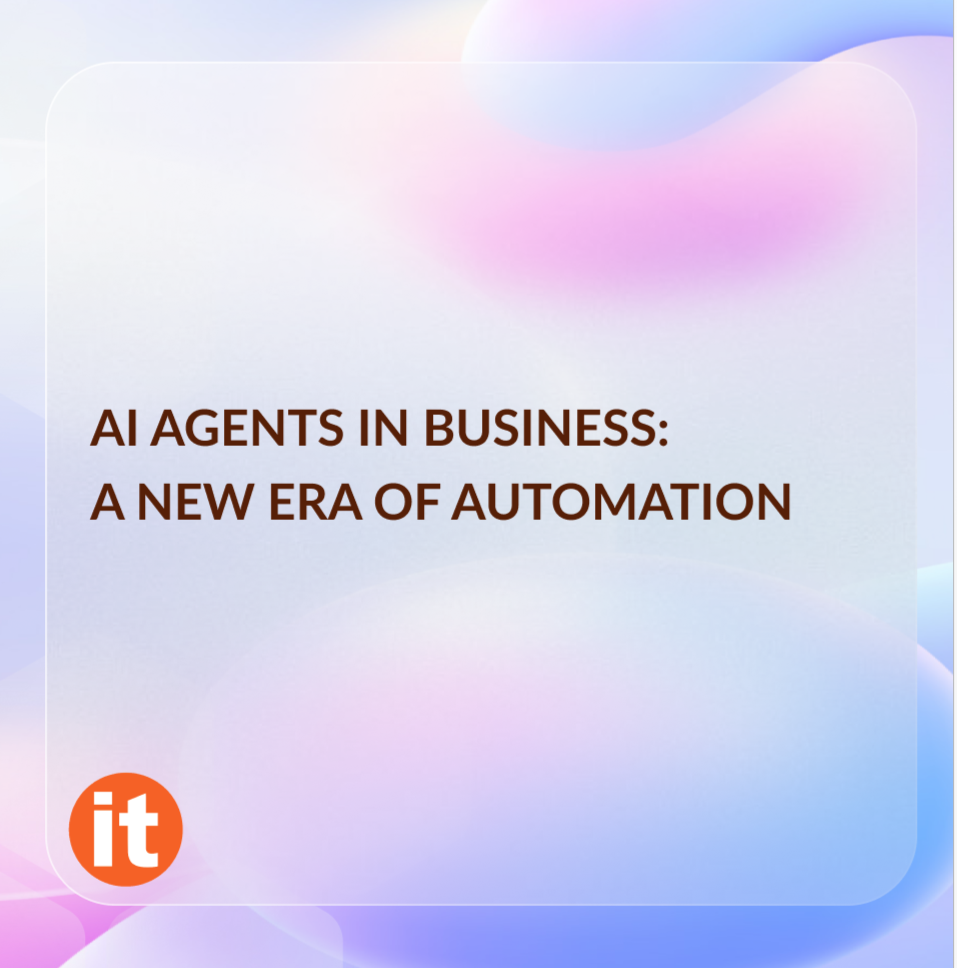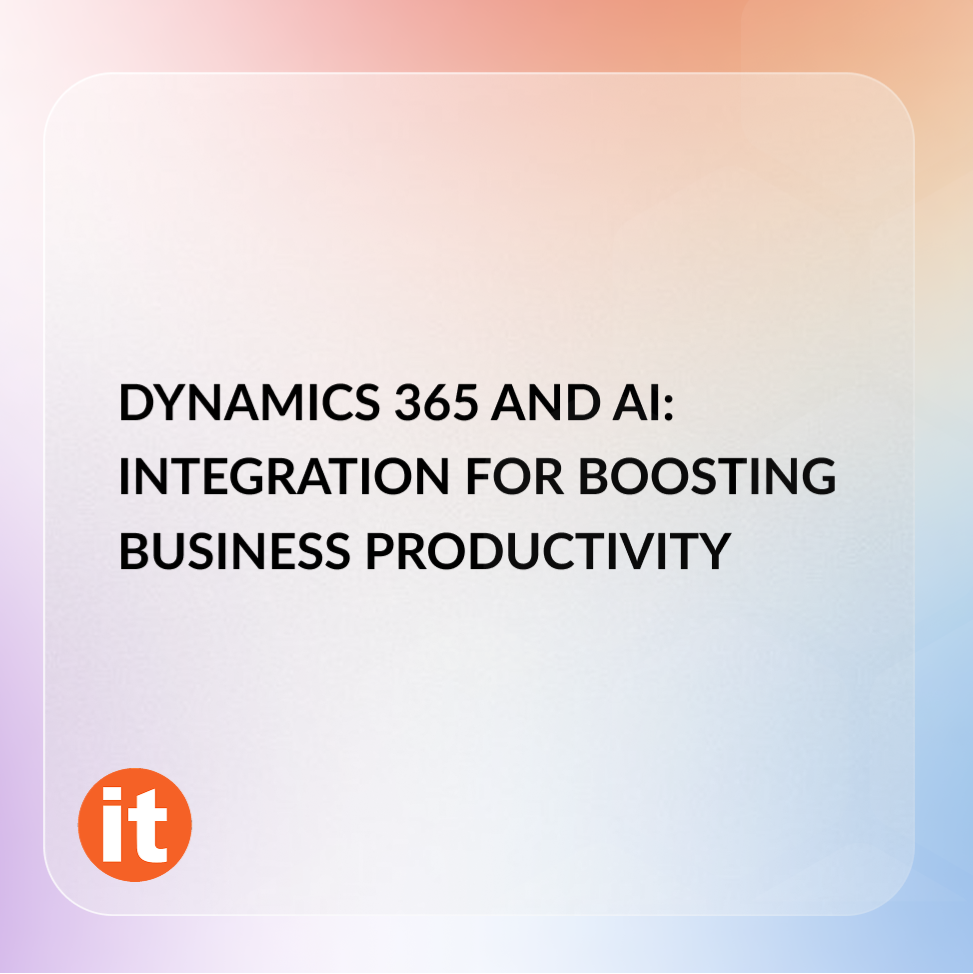SaaS migration strategies are highly variable, differing greatly between industries and individual companies. It’s important to avoid a one-size-fits-all approach and instead tailor a migration roadmap that addresses the specific nuances of your services and is well-suited to your industry.
Here are seven best practices to consider when developing your SaaS migration roadmap:
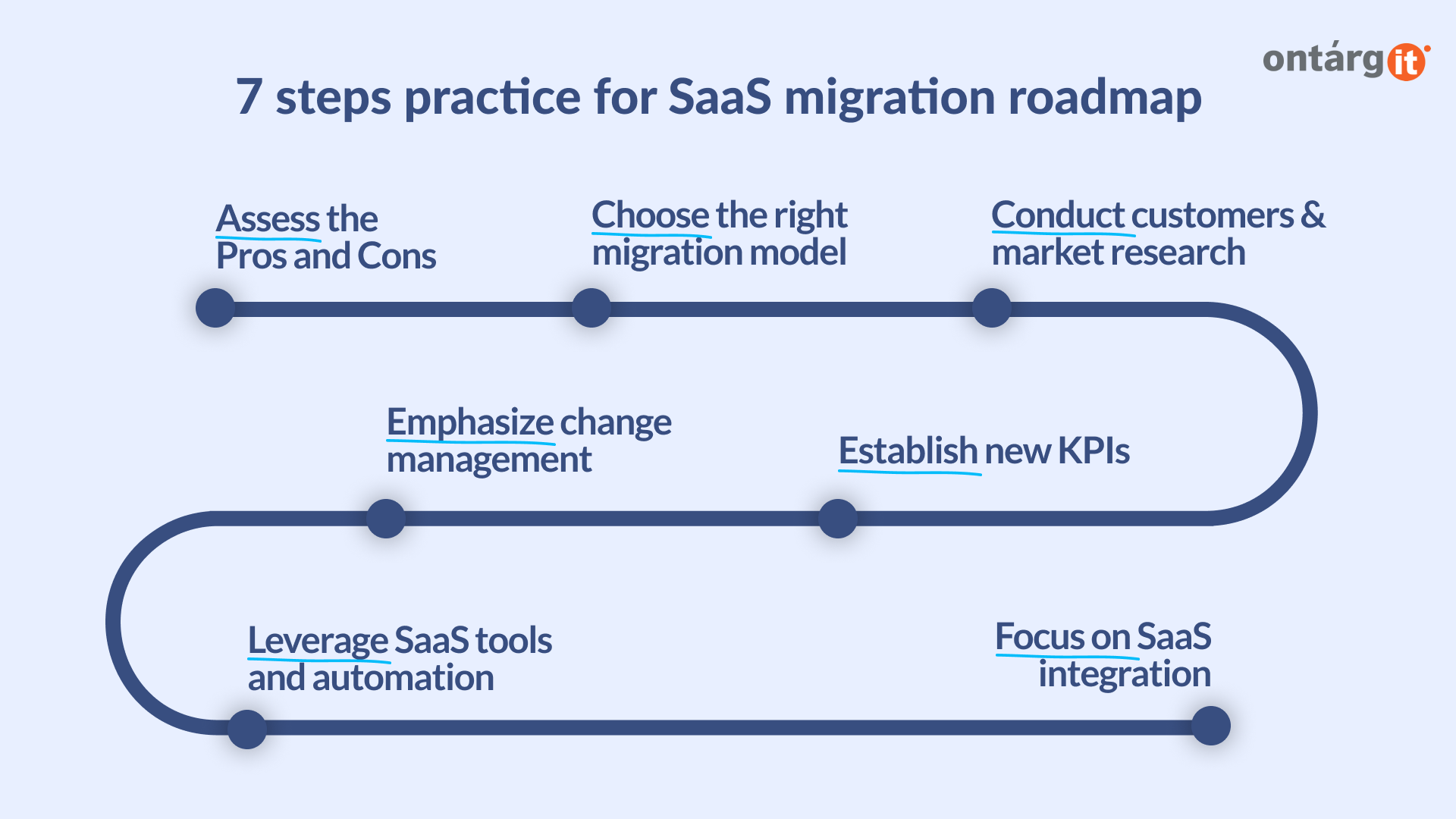
Before initiating a SaaS migration, it’s critical to thoroughly assess both the advantages and potential challenges. Understanding these can help align your team effectively, ensuring they are prepared for the transition and remain confident throughout the process. Cloud solutions providers, such as Microsoft and it’s Microsoft Azure, offer scalability and flexibility, without needing specific technical expertise.
Determine the migration model that best serves your customer needs. Whether it’s a silo migration model, a layered approach, or a data migration strategy, selecting the right model is crucial for a smooth transition.
Prior to finalizing pricing models, engage with your customers through surveys and conduct extensive market research. This step is vital for managing customer expectations and making informed decisions regarding product or service adjustments.
Migration will necessitate a revision of key performance indicators (KPIs) across various departments. Collaborate with each department to redefine success and create metrics that reflect the new operational realities. For those interested in leveraging these capabilities, Azure offers various pricing models to ensure businesses can optimize their cloud spend effectively. The platform’s flexibility in pricing and services is designed to accommodate the dynamic needs of different organizational scales and industries, from startups to large enterprises.
Effective communication at all levels is essential for managing the internal dynamics of migration. Prioritize change management to address challenges promptly and maintain high employee retention during this period. Utilize Azure’s extensive documentation and training resources to educate your team about cloud technologies and best practices, which can facilitate smoother transitions.
Plan to integrate automation and SaaS tools into your operations to facilitate scaling. While some tactics might be implemented later, it’s important to prepare each strategic step from the outset to smooth the transition to cloud-based systems. Microsoft Power Platform offers various automation tools and services that can help streamline workflows and reduce manual intervention.
Ensure that your SaaS solutions are designed for easy and fast integration with other applications, such as major Customer Relationship Management (CRM) systems or Enterprise Resource Planning (ERP) platforms. This can significantly differentiate your services from competitors. For example, use Dynamics 365 Sales to manage your customer base and improve customer experience with innovative solutions. Dynamics 365 Finance and Supply Chain Management helps connect frontline workers, office workers, and customers with the secure collaboration and information management tools needed to support remote work.
Additionally, Microsoft Azure offers a wide range of products and services, from AI and machine learning to hybrid and multicloud solutions, all designed to address the specific challenges of modern enterprises. Azure provide access to over certified services, making it easier for organizations to find solutions that fit their needs.

Conclusion
Implementing these practices will help navigate the common challenges associated with SaaS transitions, enhancing the likelihood of a successful migration. For a deeper dive into each practice, consider reading further on this topic.
A successful SaaS migration begins with a thorough assessment of the potential benefits and challenges, selecting an appropriate migration model, and deeply understanding customer expectations through direct engagement and market research. By following these seven best practices, companies can ensure a smoother transition to SaaS platforms, setting the stage for future growth and success.

